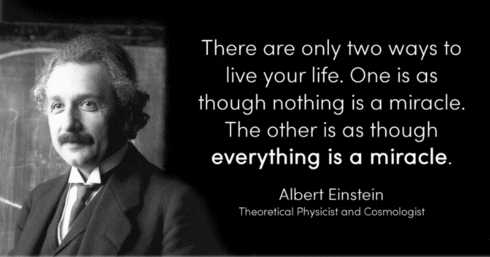A Study on the Transient Operation Algorithm of 30kW Micro-grid based on CVCF Inverter Hu Dong, Lee Department of Electronic and Electrical Engineering The Graduate School Korea University of Technology and Education
ABSTRACT
The phenomenon of energy sinking can be occurred if the output of renewable energy sources is larger than customer loads. In this case, voltage of CVCF battery could be increased rapidly according to the condition of SOC(State of Charge) and blackout could be occurred due to shut-down of CVCF inverter, at carbon free island micro-grid based on the CVCF(Constant Voltage & Constant Frequency) inverter. In order to overcome these problems, this paper proposes a transient operation algorithm in CVCF based micro-grid which in advance prevents shut-down of CVCF inverter during the energy sinking. And also this paper proposes the modeling of 30kW micro-grid including CVCF inverter, PV system, customer load using PSCAD/EMTDC S/W and implements test device of 30kW micro-grid. From the results of 30kW micro-grid modeling and test device based on the proposed algorithm, it is confirmed that CVCF based micro-grid can properly prevent shut-down of CVCF inverter according to SOC and battery voltage of CVCF inverter when energy sinking is occurred.
Keyword : Carbon free island Micro-grid, CVCF inverter, Energy sinking, Transient operation
LINK:https://www.mediafire.com/file/aakhn6edjiqxuuq/A_Study_on_the_Transient_Operation_Algorithm_of_30kW_Micro-grid_based_on_CVCF_Inverter.pdf/file

.gif)




































